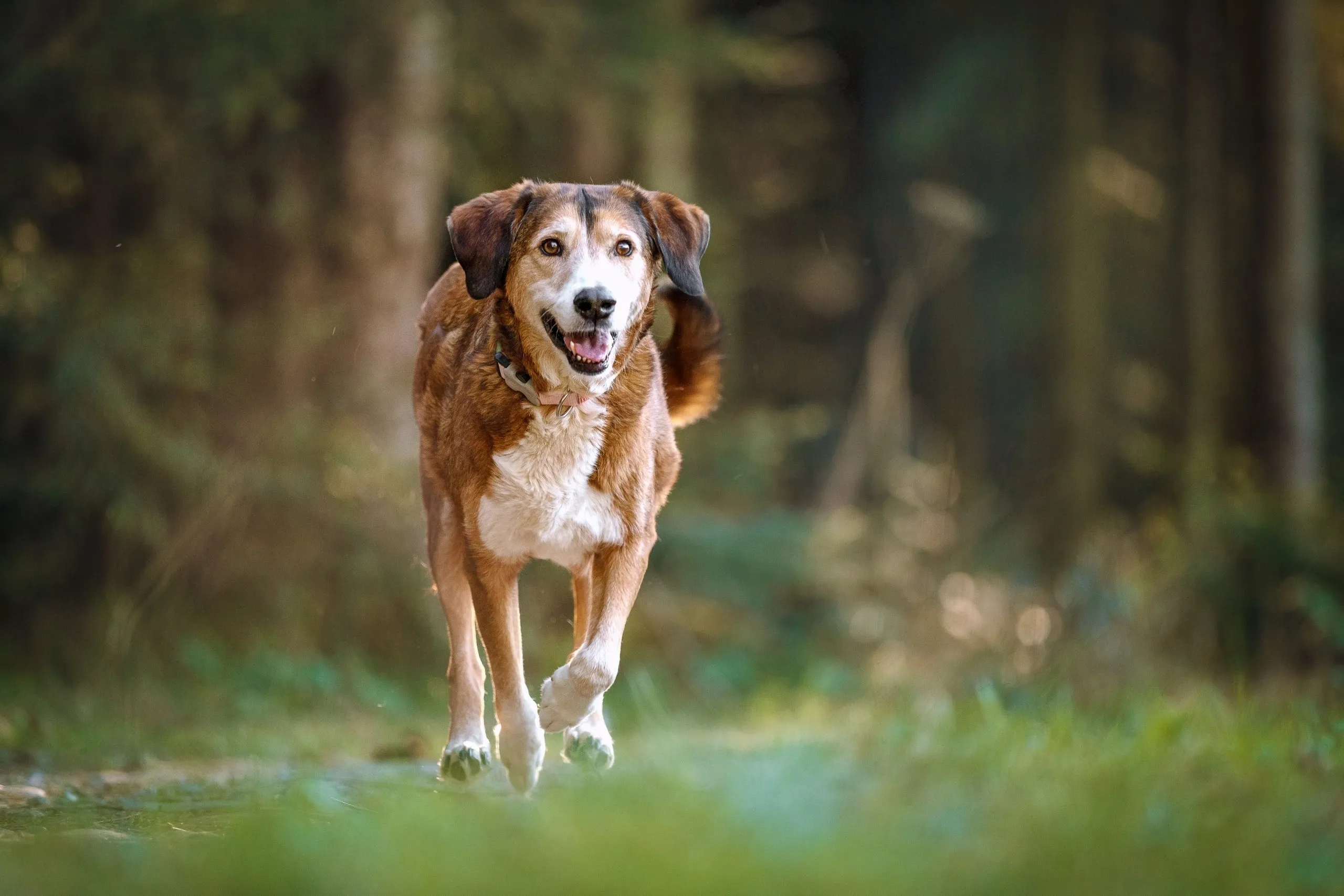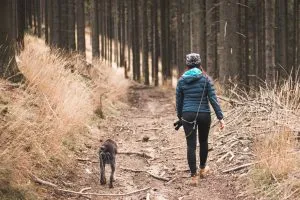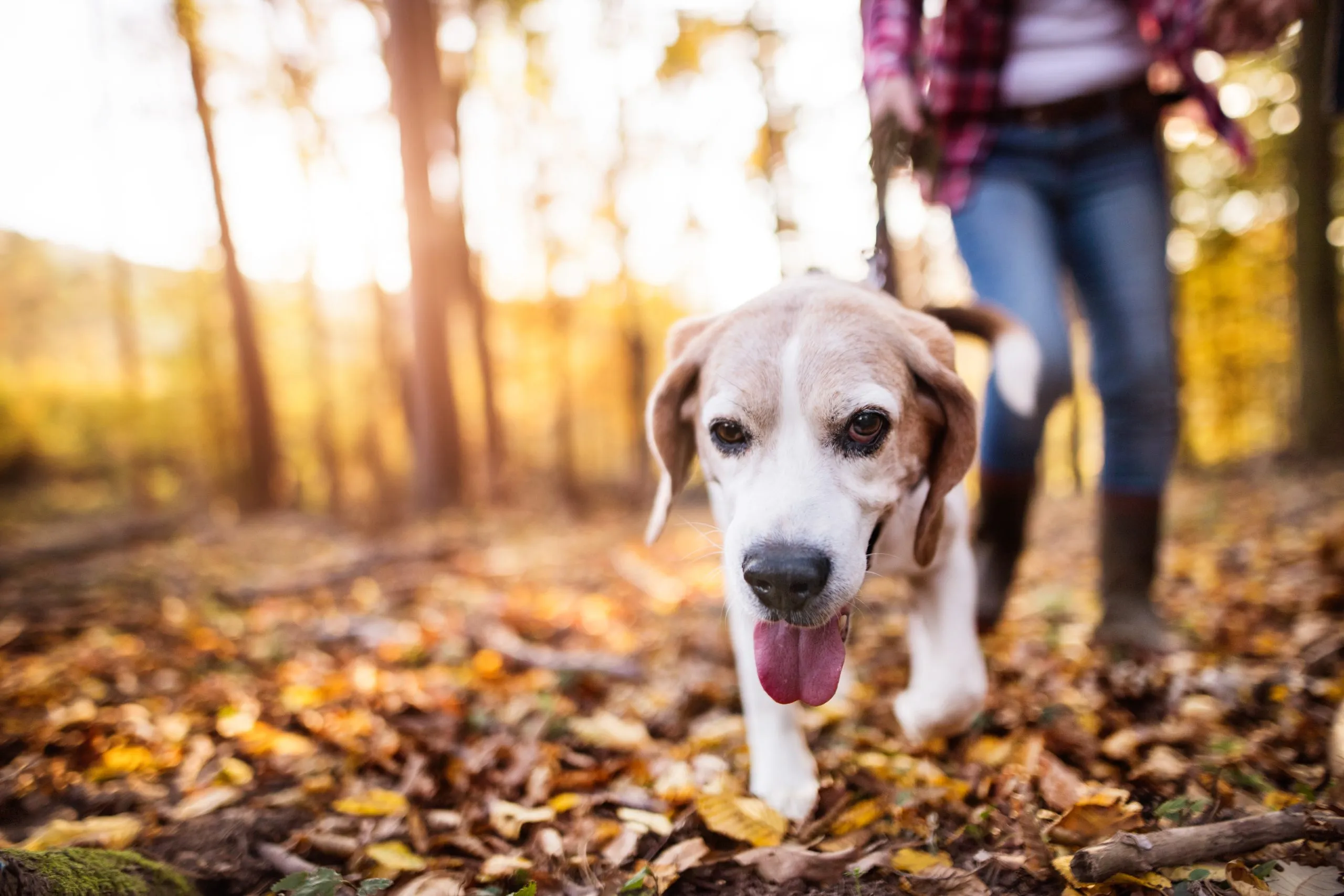When it comes to finding a new furry family member, many prospective pet parents are instinctively drawn to the youthful energy of puppies and kittens. However, a significant number of loving, mature dogs are patiently waiting for their forever homes in shelters and rescue organizations. These “golden oldies” or senior dogs, with their wisdom and gentle demeanors, often get overlooked, yet they offer a unique companionship that can enrich your life in profound ways. If you’re searching for Older Dogs For Adoption Near Me, this comprehensive guide will walk you through the many reasons why welcoming a senior dog into your home could be one of the most rewarding decisions you ever make, along with essential tips for their care.
The Enduring Appeal of Older Dogs for Adoption
Sadly, senior animals are frequently the last to be adopted. It’s a common misconception that their best years are behind them, or that they come with too many complications. However, adopting an older dog teaches you that age is truly just a number! Many active senior dogs make just as great walking partners as their younger counterparts, and their seasoned personalities can often be a perfect fit for a variety of households. They offer a depth of character and a quiet gratitude that is truly special.
Top Benefits of Adopting Older Dogs Near Me
Choosing to bring an older dog into your home comes with a plethora of unique advantages, making it an excellent option for many different lifestyles.
Already House-Trained and Leash-Trained
One of the biggest advantages of welcoming an older furry friend is that they typically arrive with established manners. Nearly all older dogs for adoption are already house-trained, meaning fewer accidents and less stress during the adjustment period. Most can also walk politely on a leash, making daily strolls much more enjoyable from day one. This significantly reduces the training commitment often associated with puppies, making senior dogs an ideal choice for first-time dog owners or those with busy schedules.
Quicker to Settle into a Home
As explained by Jamie Garabedian, Assistant Director of Operations at Northeast Animal Shelter (NEAS), an affiliate of the MSPCA-Angell, “Usually, if you’re adopting an older dog or cat, the likelihood is that they’re more acclimated to already living in a home setting and can settle in a little bit quicker than a puppy or a kitten could.” Senior dogs often understand the rhythm of a home, having lived in one for years. This prior experience means they’re often less destructive and adjust more smoothly to your routine, bringing a sense of calm and stability almost immediately.
A Rewarding Experience: Giving a Second Chance
Providing a home to an older animal is incredibly rewarding. For any animal, moving from a family home to a shelter is stressful, but it can be particularly disorienting for a senior dog who has known only one home for their entire life. The feeling of getting a dog out of a shelter and back into a stable, loving environment is wonderful. As Jamie noted, “Senior pets get overlooked so often. It’s a lot more fulfilling to provide an older animal that might not get adopted as quickly as relief from being in a shelter and get them back into a home.” They often show immense gratitude and truly appreciate the second chance you’ve given them, forming an incredibly deep bond.
 Content senior cat being cuddled by a human hand, highlighting the bond
Content senior cat being cuddled by a human hand, highlighting the bond
What to Look for in Older Dogs for Adoption Near Me
When searching for older dogs for adoption near me, consider what type of companion best fits your lifestyle. Are you looking for a couch potato, a gentle walking companion, or a dog with a surprising zest for life? Shelter staff are invaluable resources, able to provide insights into a senior dog’s personality, medical history, and typical energy levels, helping you find the perfect match. Don’t hesitate to ask questions about their daily routines, their previous living situations, and any special quirks they might have.
Dispelling Common Myths About Senior Dog Adoption
There are several popular myths surrounding senior pets that often prevent them from finding loving homes. Understanding and debunking these misconceptions is crucial.
Not “Problem” Pets
One prevalent myth is that people are inheriting another family’s “problem pet” when adopting a senior. This is often far from the truth. There are many reasons why owners part with their pets, but with seniors, it’s frequently due to circumstances beyond the pet’s control, such as an owner falling ill, losing their job, or passing away. These dogs are victims of circumstance, not behavior issues. Most are well-adjusted pets who simply need a new loving home.
Vet Bills Are Not Necessarily Higher
Another common concern is the belief that senior animals automatically incur high vet bills. While older pets may require more frequent check-ups, the cost of veterinary care is similar across all ages. Puppies and kittens also require extensive veterinary care, including vaccinations, spaying/neutering, and parasite prevention, which can be significant. Proactive care and regular screenings can help manage potential health issues in senior dogs effectively.
Still Playful and Energetic
Some people believe older pets aren’t as playful or active as their younger counterparts. While some senior dogs prefer a quieter lifestyle, many remain surprisingly playful and energetic well into their golden years. Some active seniors can run circles around the friskiest of puppies, enjoying games, walks, and mental stimulation. Their energy levels often align well with less demanding owners.
 Energetic older dog with grey fur running freely in a field, dispelling myths
Energetic older dog with grey fur running freely in a field, dispelling myths
Overcoming the Fear of a Shorter Time Together
Perhaps one of the biggest myths, and a source of genuine heartbreak for potential adopters, is the idea that you’ll have to say goodbye too soon. Jamie Garabedian observed, “I’ve heard many people say, ‘Oh, I don’t think I could do it. It’s so heartbreaking because senior pets aren’t around as long as young animals.’ People don’t like the idea of preparing for that heartbreak in such a short amount of time.” However, life is unpredictable; there are no guarantees about any pet’s lifespan. Focus on the quality of life you can provide. As Jamie wisely put it, “It’s best to think of it this way: You’re helping to save a life – and because of you, that dog or cat is going to have a loving family and, ultimately, a happy retirement.” The love shared, no matter how long, is always worth it.
Understanding the Challenges of Adopting an Older Dog
While the benefits are plentiful, adopting a senior pet does come with its own set of considerations, just like adopting any animal. Awareness of these potential challenges can help you prepare and ensure a smooth transition.
Potential for Separation Anxiety
The transition from a familiar home to a shelter, and then to an entirely new family, can be stressful for some senior dogs. This upheaval can sometimes lead to senior dog with separation anxiety. It’s important to be patient and understanding, creating a secure environment and working with positive reinforcement to help them feel safe and loved in their new home. Consulting with a veterinarian or a certified dog behaviorist can provide strategies to manage and alleviate anxiety.
Age-Related Health Concerns
Every pet, regardless of age, can suffer from health issues. However, older dogs may be more prone to age-related conditions like arthritis, dental problems, or declining vision/hearing. While this requires attentiveness, many of these conditions are manageable with proper veterinary care and lifestyle adjustments. Proactive vet visits and open communication with your veterinarian are key to ensuring your senior dog enjoys a comfortable and healthy life.
The Emotional Aspect of a Shorter Lifespan
As Jamie highlighted, “I honestly think the biggest challenge is knowing you’re not going to have as much time with them. There’s a mental preparation that you have to do when you’re adopting an older or senior pet: you need to realize – and accept – that you’re not going to get as much time with them as you would if you adopted a younger animal.” This emotional challenge is real. However, the profound impact you have on their final years, filling them with comfort, love, and security, is an unparalleled gift. The joy you bring to their lives, and the love they return, will be a cherished memory.
Preparing Your Home for Older Dogs for Adoption Near Me
Adopting any pet requires careful consideration of your lifestyle and home environment. When seeking older dogs for adoption near me, these preparations become even more crucial.
 Happy senior dog on a hiking trail with its owner, enjoying outdoor activity
Happy senior dog on a hiking trail with its owner, enjoying outdoor activity
Matching Your Lifestyle with a Senior Dog’s Personality
Think about your daily life. Are you an active individual who enjoys long walks and outdoor adventures, or do you prefer a quiet evening on the couch? Jamie advises, “You want to look at the personality of the pet you’re thinking about adopting and making sure that the fit is right for you and your home environment.” Shelter staff are experts at matching pets with suitable homes; consult them about finding a senior dog whose energy level and temperament align with yours. This thoughtful approach ensures a harmonious relationship from the start.
Introducing a Senior Dog to Existing Canine Companions
If you already have a dog, introductions need to be handled carefully. Jamie recommends bringing your current dog to the shelter for a supervised “meet-and-greet” to gauge initial reactions. Even if this goes well, take things slowly once you get home. Give both dogs separate spaces, feed them separately, and supervise all interactions. Just like humans, dogs need time to get used to each other and establish their hierarchy. Patience and controlled interactions are vital for a successful integration.
Introducing a Senior Dog to Feline Residents
Introducing a new senior dog to existing cats is often more complex. It’s generally not advisable to bring your cat to the shelter for an introduction. Instead, once the new senior dog is home, continue with slow, gradual introductions. Keep pets separated initially, allowing the new dog to adjust to a less stressful environment and your current cat to get used to the idea of another animal in the house. Ensure all animals have safe retreats and supervise interactions closely. Patience, space, and a gradual approach will help foster a peaceful cohabitation.
Essential Care Tips for Your Adopted Senior Dog
Once you’ve welcomed an older dog into your home, providing them with appropriate care will ensure they thrive in their golden years.
Prioritize Regular Veterinary Check-ups
Your veterinarian should be your first point of contact for ongoing care. “Discuss maintenance plans. If it’s a dog or cat that might have arthritis, maybe there are supplements you can take ahead of time,” Jamie suggested. Regular screenings, including bloodwork, urinalysis, physical examinations, and dental check-ups, are crucial for proactively managing pet health concerns. Your vet can recommend appropriate tests and treatments tailored to your senior dog’s specific needs, helping to detect issues early and maintain their quality of life.
 Veterinarian examining a senior dog during a check-up, emphasizing health care
Veterinarian examining a senior dog during a check-up, emphasizing health care
Maintaining Physical Activity and Mental Stimulation
Regardless of age, exercise is essential. While an older dog might not need as many vigorous walks, they still benefit greatly from daily activity. As Jamie noted, “An older dog might not need as many walks, but they still need a walk to let them work off excess energy and experience the outdoors, including sniffing the world around them.” Sniffing on walks is particularly important for seniors. A large portion of a dog’s brain is dedicated to its sense of smell, and while eyesight and hearing may decline, their powerful noses allow them to process a wealth of information. Sniffing is an excellent way to provide mental exercise and keep their brains sharp. Interactive toys, puzzle feeders, and gentle training sessions can also provide valuable mental stimulation.
Nutrition for the Golden Years
Senior dogs have different nutritional needs than younger animals. They may require diets lower in calories to prevent weight gain, or specialized formulas to support joint health, kidney function, or cognitive abilities. Consult your veterinarian about the best diet for your older dog, considering any existing health conditions. High-quality food designed for senior dogs, appropriate portion sizes, and access to fresh water are vital for their overall well-being.
Creating a Comfortable and Safe Environment
Make your home senior-friendly. Provide comfortable, orthopedic beds to support aging joints. Consider ramps for easy access to furniture or cars, and ensure a non-slip environment, especially on slick floors. If your senior dog has vision or hearing impairments, maintaining a consistent home layout and using clear communication (e.g., hand signals) can help them navigate their surroundings confidently. A calm, predictable routine will also reduce stress and make them feel more secure.
Ready to Find Older Dogs for Adoption Near Me?
If you’re now inspired to open your heart and home to a senior dog, the next step is to start your search. Local animal shelters, rescue organizations, and breed-specific rescues are excellent places to find older dogs for adoption near me. Many of these organizations specialize in rehoming senior pets and can offer invaluable support and advice throughout the adoption process. Don’t be afraid to ask questions about a dog’s history, health, and personality to ensure a perfect match.
Embrace the opportunity to give a deserving senior dog a loving “retirement” home. You’ll not only save a life but also gain a loyal, grateful, and wise companion whose love knows no bounds. The unique bond you form with a senior dog is truly special and will fill your life with immeasurable joy.
